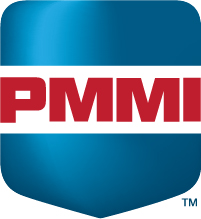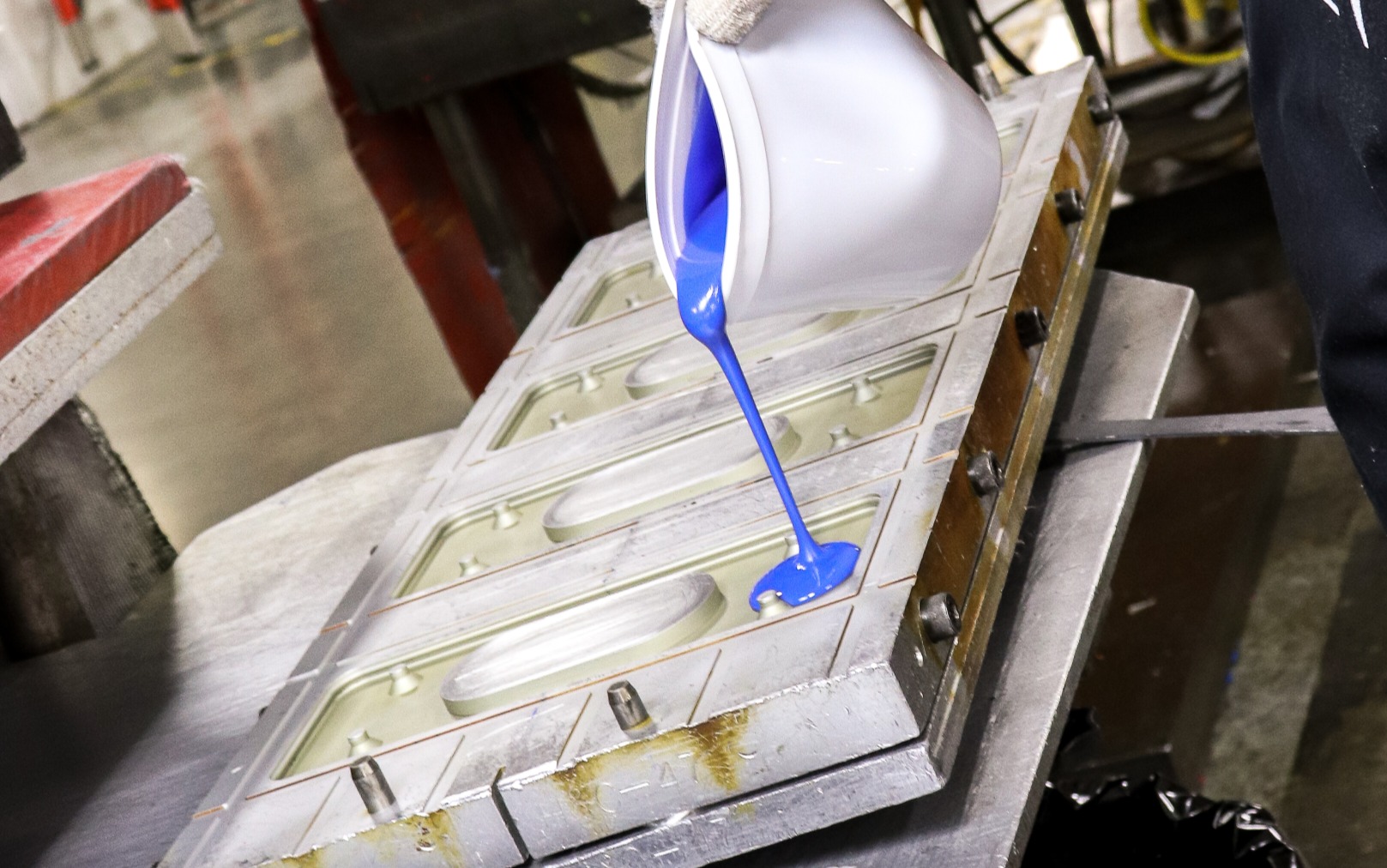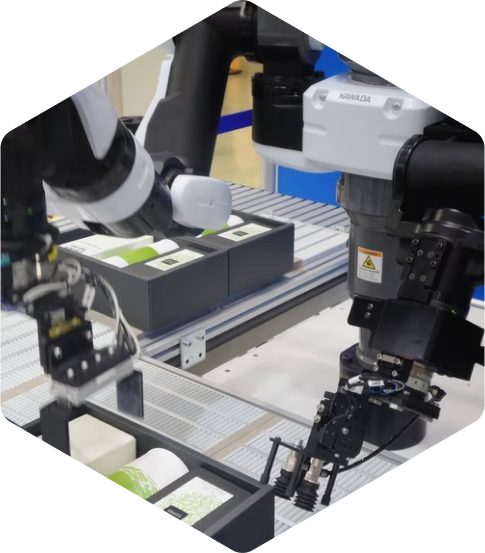OMNI specializes in thermoset polymers, but more specifically High-Performance Silicones and Urethanes. Over the years OMNI has developed many molding methods to produce our customers’ end product. These molding operations range from open casting, compression molding, spin-casting, injection molding, transfer molding, and large-volume machine casting.
During the product development stage, we meticulously explore every production method at our disposal to help achieve your goals. Our aim is to create nothing short of outstanding, top-notch, durable, and cost-effective products. Together, we work to be innovative, collaborating with our engineers and mold-making specialists to craft custom tooling right here in our own facility. We want our customers to experience our unwavering commitment to prioritize the creation of exceptional, high-quality products that will help set you apart!
Here is a list of the more common manufacturing methods employed by OMNI.
Open Casting
Open casting is the most basic form of plastic molding technology that OMNI utilizes. In this operation, the material is cast into an open mold that is never closed and more often than not requires a secondary machining operation to finish the part.
Compression Molding
Compression molding is our most commonly utilized method of thermoplastics manufacturing. This is often due to the complexity of the parts and the simplification of the tooling to achieve a wide array of applications scaling from as few as 10-15 pieces to 200-500+ cycles per order. Close tolerances can be achieved with little to no post-machining operations.
In this operation, the tooling starts out open and once dosed with the proper amount of material, it is closed. Under heat and pressure, the parts cure, and then the finished plastic parts are removed from the mold.
Spin Casting
Spin casting uses a closed mold where the material is dosed into a reservoir in the center of the mold. As the mold spins, centrifugal force pushes the material into the cavity. This is ideal for extremely thin cross-sections that require a completely bubble-free part. This is also good for items that have very complex geometry or complex plastic designs that would be difficult to do by normal casting methods.
Injection Molding
Plastic injection molding is one of the most, if not the most, common form of plastic molding. However, OMNI’s injection molding process is slightly more unique in that we strategically look for applications that are smaller in quantity but the ideal material for the application is either machined with a CNC machine or… injection molded.
Transfer Molding
Transfer molding is when you start with material that is dosed and fed through a casting sprue into a closed mold. The material is often fed using air pressure or a mechanical ram. This operation utilizes many of the more common materials found in our facility but allows us to have some additional control to fill difficult parts.
Large Volume Machine Casting
In this operation, a machine mixes, meters, and pushes the material into a mold. Based on the volume of the part, it will decide if this is to be a closed or open mold. We use these machines to cast parts from just a few pounds of cured material to 2500+ lbs of cured material. There are limitations with this process, as the total number of materials available to use is limited by the equipment design.
Quality
At OMNI, we pride ourselves in the high quality of our work and are committed to our customer’s overall satisfaction. Because of this unwavering commitment, OMNI worked to obtain an ISO 9001:2008 certification. After the new standard was released, we achieved and maintained certification for an ISO 9001:2015 quality standard. This is one way we stand behind our quality, ensuring we live up to our commitment as a leading plastics manufacturer to each and every one of our customers.







